Research Area
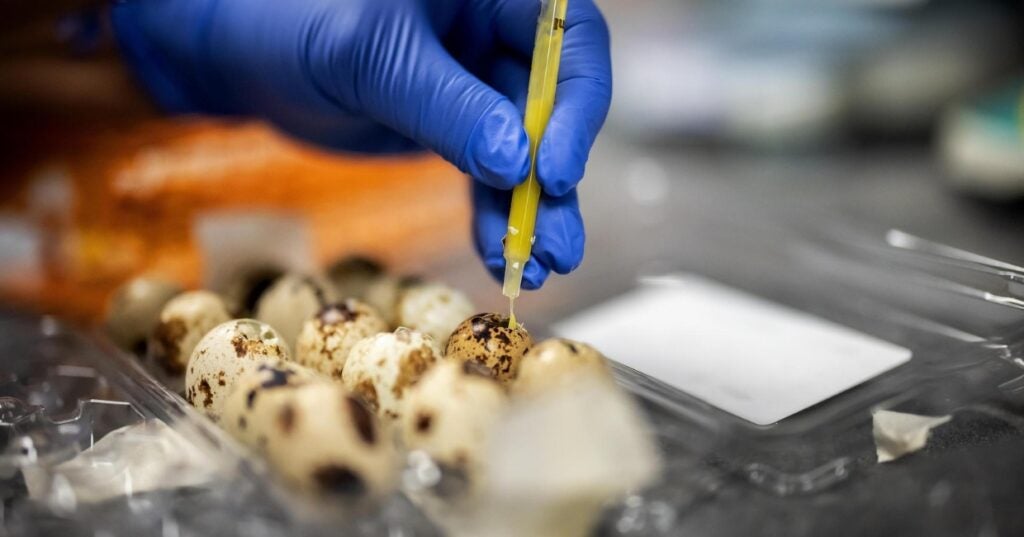
Keeping food safe and animals healthy (link is external)
A strain of the H5N1 virus—best known for causing avian influenza—was detected in U.S. dairy cattle for the first time in March 2024. It has since spread to more than…
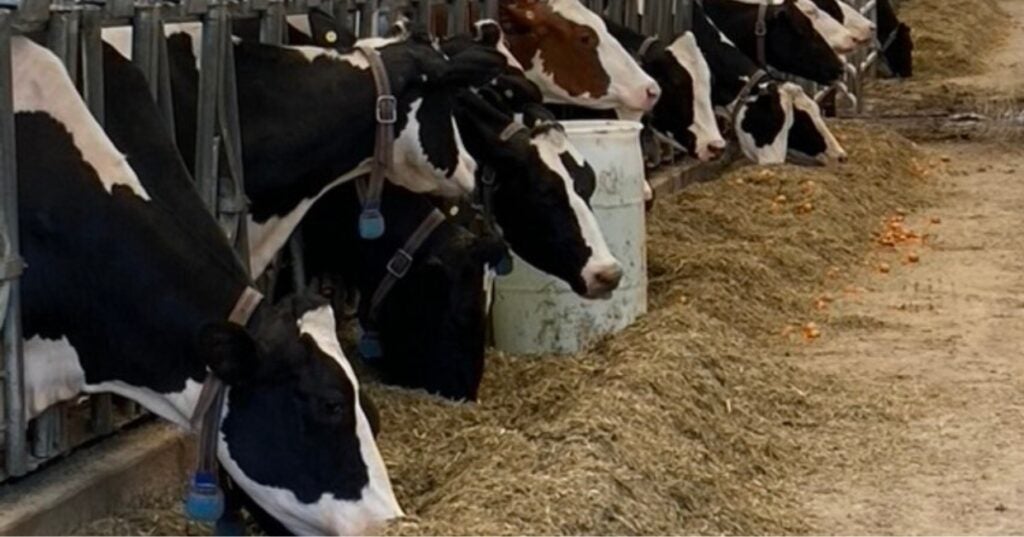
Food waste: Recycling, not discarding, offers huge environmental benefits (link is external)
Researchers at Penn Vet examine how common food waste recycling methods, including composting, could have a big impact on greenhouse gas emissions and the use of natural resources.
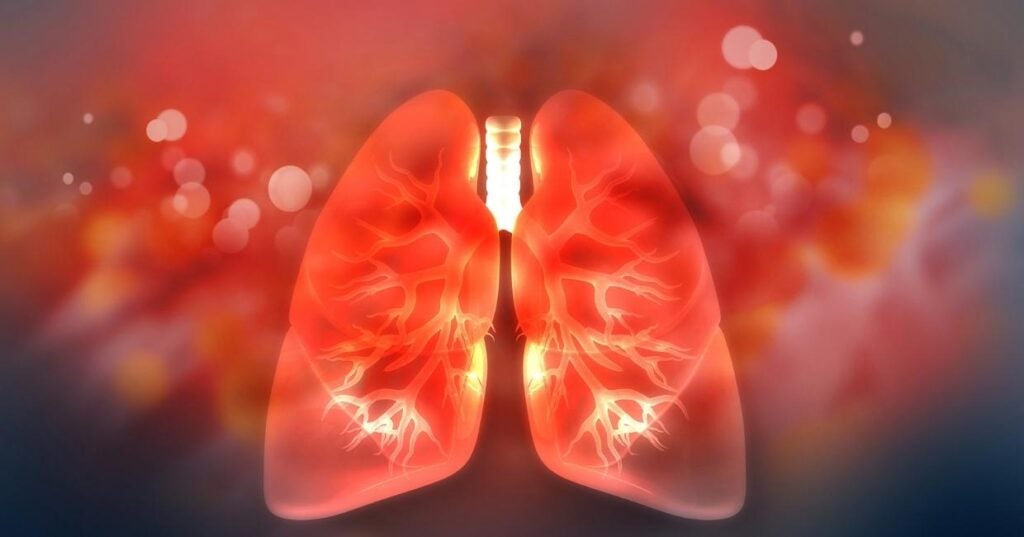
Identifying a proliferating repairman for tissue in damaged lungs (link is external)
Penn Vet and Penn Medicine researchers found that endothelial cells lining the veins in lungs contribute to repair of blood vessels after lung injury.
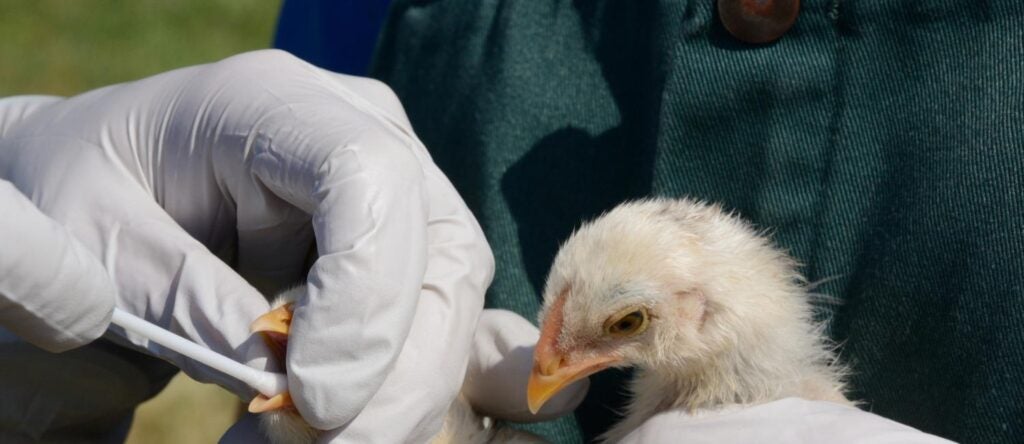
What to know about the current avian influenza outbreak (link is external)
Louise Moncla and Aliza Simeone of Penn Vet and Kathleen Hall Jamieson of the Annenberg Public Policy Center share helpful information for the public.
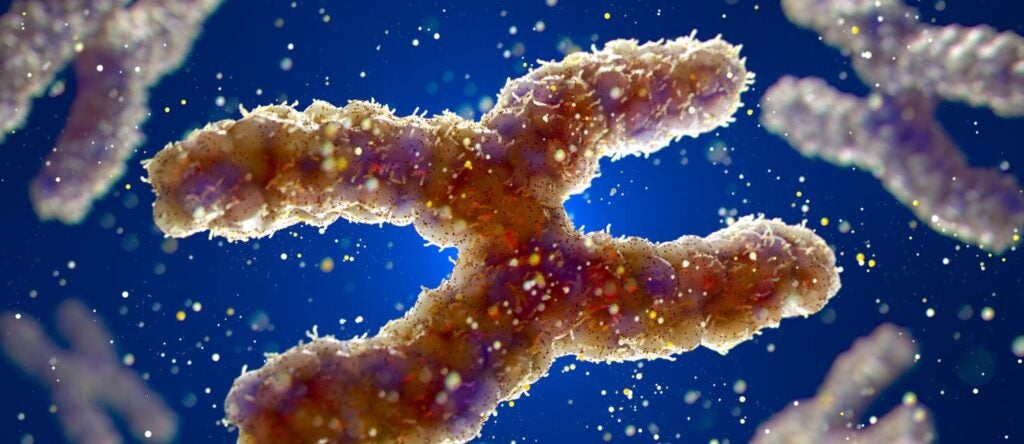
An integral T cell pathway helps regulate female gene expression (link is external)
Penn Vet researchers have revealed a connection between NF-κB signaling pathways and X chromosome inactivation, which has implications for understanding sex-based immune responses during infection.
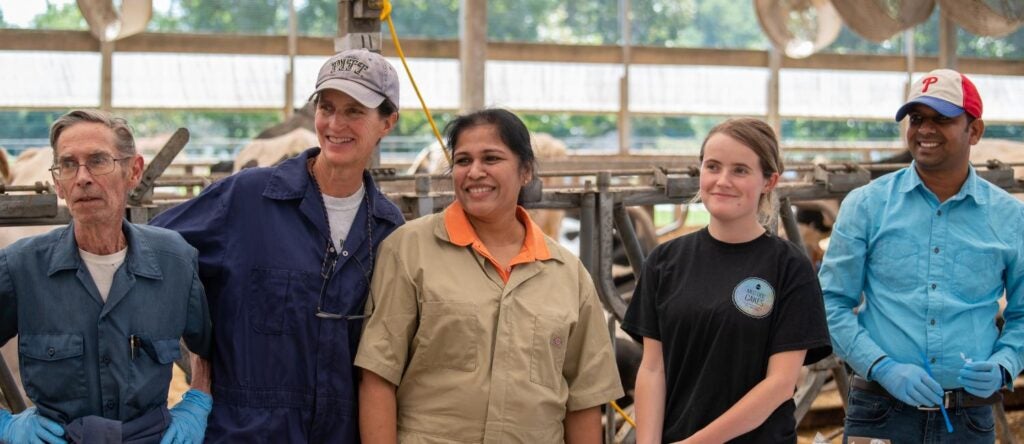
Understanding how a red seaweed reduces methane emissions from cows (link is external)
Methane emissions from livestock are a leading contributor to climate warming. In a collaborative study testing the diets of cows, Dipti Pitta (pictured) and Nagaraju Indugu of the School of…

A hopeful time for Cryptosporidium research (link is external)
Boris Striepen of Penn Vet organized the First Biennial Cryptosporidium Meeting, bringing together researchers and clinicians from around the world to discuss the problems and progress around the parasite and…
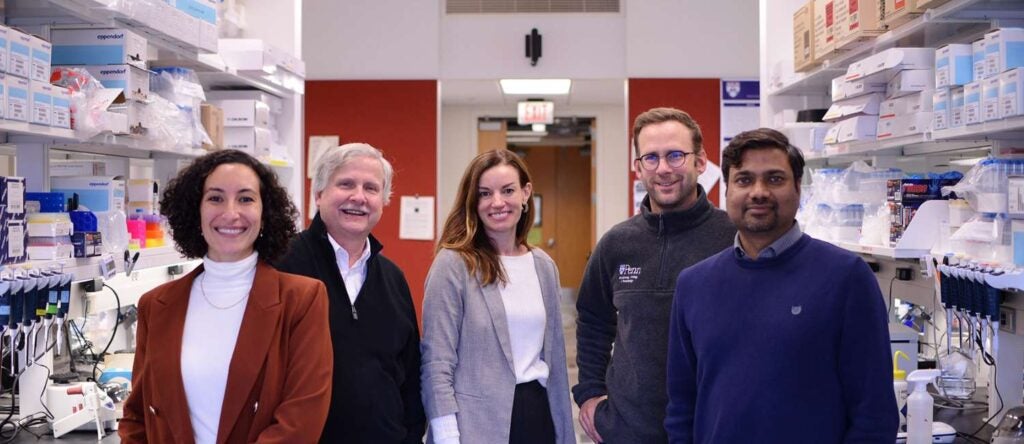
Uncovering the role of skin microbiome and immune response in cutaneous leishmaniasis (link is external)
Two new studies led by Phillip Scott of the School of Veterinary Medicine and Elizabeth Grice of the Perelman School of Medicine demonstrate how bacteria found in leishmaniasis skin lesions…
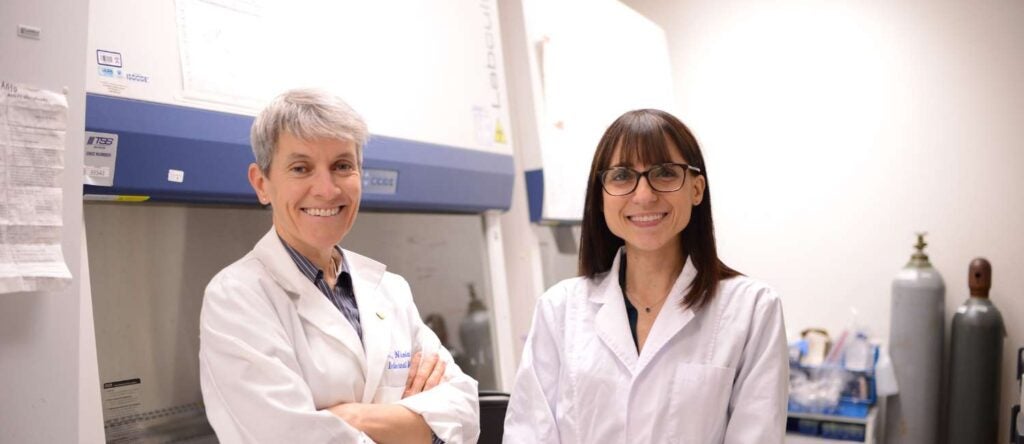
Study shows promise for iNKT cell platform to treat cancer (link is external)
Researchers from the School of Veterinary Medicine and Perelman School of Medicine have shown that invariant natural killer T cells from a healthy donor can persist in MHC-mismatched canines, demonstrating…
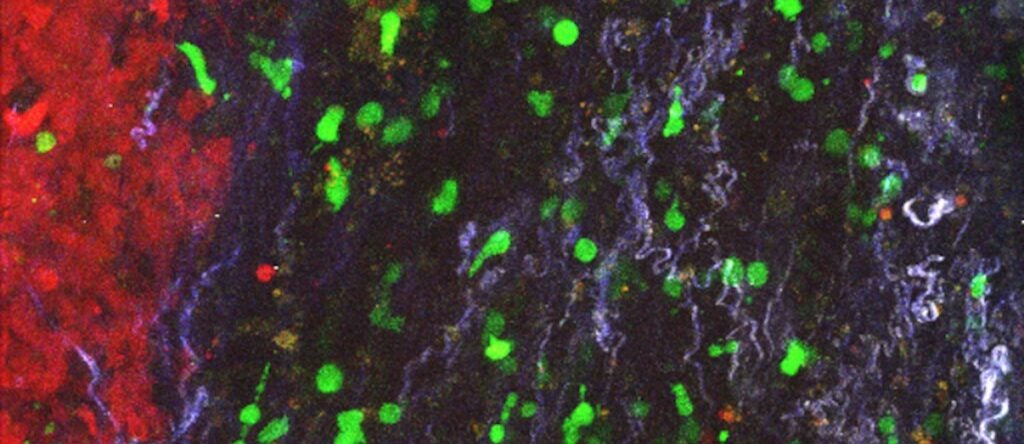
Removing the barrier surrounding solid tumors clears path for T cells (link is external)
Penn researchers uncover a new way to target solid tumors. Using CAR T cells to remove cancer-associated fibroblasts surrounding pancreatic tumors allows T cells to infiltrate and attack the tumor…
Sort By
- Research Laboratories (1)
- ASMG Laboratory - Microbial Genomics (2)
- Lengner Laboratory (2)
- New Bolton Center PADLS (1)
- Anguera Laboratory (4)
- Wang Laboratory (3)
- Puré Laboratory (1)
- Wolfe Laboratory (1)
- Lennon Mucosal Immunology Laboratory (1)
- Dou Laboratory (2)
- Equine Pharmacology Research Laboratory (1)
- Hunter Laboratory (3)
- Brinster Laboratory of Reproductive Physiology (1)
- Sunyer Laboratory (1)
- Harty Laboratory (3)
- Mason Immunotherapy Research Laboratory (2)
- Scott Laboratory (1)
- Vaughan Laboratory (1)
- Research Institutes (1)
- Research Programs (1)
- Research Centers (2)
